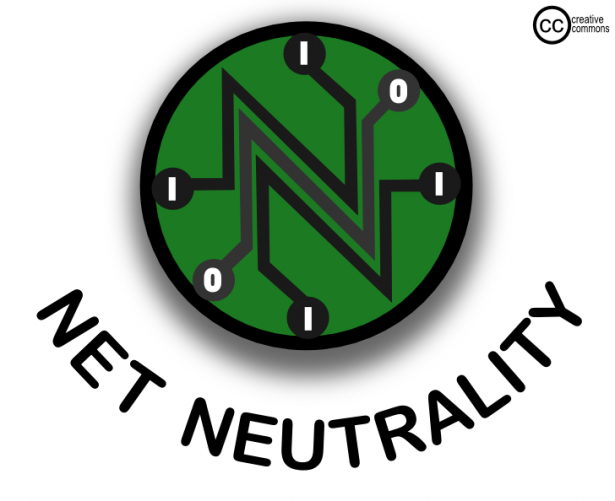United States President Barack Obama is in China this week, but the White House still released a written statement and a video of the Commander in Chief calling for heightened net neutrality rules, a divisive issue on the Internet.
The president urged the Federal Communications Commission (FCC) to adopt net neutrality and classify the Internet as a utility, which would essentially place decades-old rules on the World Wide Web. It remains unclear if the FCC will adhere to the president’s wishes because the FCC is an independent federal body.
President Obama averred that reclassifying the Internet under Title II of the Telecommunications Act would mean Internet Service Providers (ISPs) would be unable to restrict Internet traffic based on the destination, source or type. In other worlds, there would be an egalitarian landscape relating to Internet traffic.
In addition, Obama laid out a plan for net neutrality that consists of four measures: no throttling of content, no paid prioritization of content or services, heightened transparency for all Internet delivery networks and no restrictions of any legal content or service. Also, he would like mobile Internet services to follow net neutrality rules, though they would be slightly revised to adapt to their nature.

“More than any other invention of our time, the Internet has unlocked possibilities we could just barely imagine a generation ago. And here’s a big reason we’ve seen such incredible growth and innovation: Most Internet providers have treated Internet traffic equally,” the president said in a statement.
“That’s a principle known as “net neutrality” — and it says that an entrepreneur’s fledgling company should have the same chance to succeed as established corporations, and that access to a high school student’s blog shouldn’t be unfairly slowed down to make way for advertisers with more money.”
Although the FCC would be the head of ensuring ISPs follow the rules, it would not necessarily be in charge of establishing prices and telling businesses what to do with their pricing models.
The administration states that these new measures would help protect consumers equal access to content without having to face ISPs’ decisions on what content is more important than others.
As previously noted, the matter of net neutrality is quite divisive. A number of opponents purport that net neutrality would allow the government to have increased power over the Internet – Washington already spies on its citizens without their knowledge or consent. Furthermore, experts say that categorizing the Internet as another utility wouldn’t have same the effects. Also, very little regulation over the Internet or a paucity of government intervention has worked thus far.
Here is what Ian Tuttle wrote of the National Review on Monday:
“Perhaps someone more studied in this matter can make the case for the president’s plan, but it is difficult for me to see it as anything more than one more effort by the current administration to bring another sector of the economy more completely under its purview.
“The prospect of increased government regulation on markets should always elicit hard questions from conservatives — but especially under this president.”
Activists, however, say net neutrality is needed because it enhances social justice, produces economic growth, helps the president “fight for an open Internet” and heightens civic participation.




